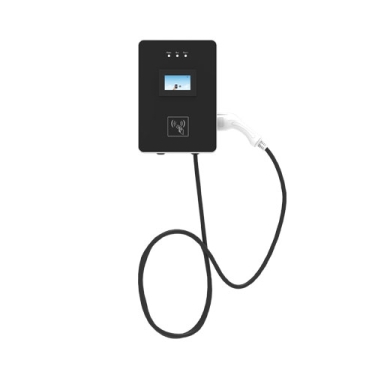- Visitors:0 Views
- Time:2023-12-27
ev charger types
There are generally three types of EV chargers, often referred to as Level 1, Level 2, and Level 3 chargers. Here's an overview of each ev charger type.
1. Level 1 electric vehicle charger
Level 1 EV chargers use a standard 220-volt AC household outlet and provide charging through the vehicle's on-board charger. It typically provides 2 to 3 miles of range per hour of charging, making it suitable for overnight charging or for plug-in hybrid electric vehicles (PHEV) with smaller batteries. Level 1 EV chargers are the slowest method of charging an electric vehicle (EV) but do not require any special charging equipment other than the charging cable provided with the vehicle.
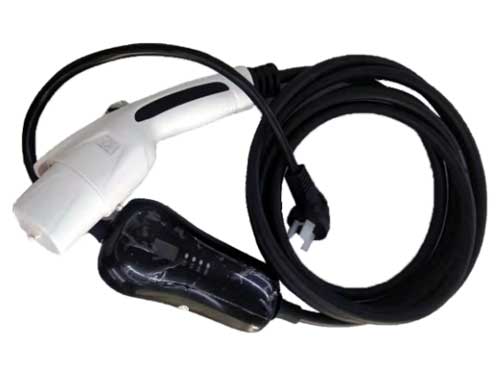
2. Level 2 electric vehicle charger
Level 2 EV chargers use 220 or 240 or 380 volt AC power and are much faster than Level 1 EV chargers, providing 10 to 60 miles of range per hour of charge, depending on vehicle and charger specifications. Level 2 EV chargers are commonly found in homes, workplaces, and public charging stations.

3. Level 3 electric vehicle charger
Level 3 EV chargers, also known as DC fast chargers (DCFC) or fast chargers, provide direct current (DC) charging at much higher power levels than Level 1 or 2 EV chargers. Electric vehicles can be charged up to 80% in 20 to 60 minutes, depending on the vehicle’s battery capacity and the charger’s power output. Level 3 EV chargers are commonly found along highways and in urban areas for long trips or quick charging.
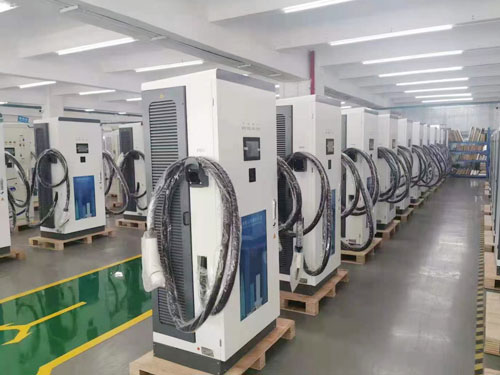
In addition to the different types of electric car chargers, there are also different car charger connectors. Below are the different connector types in North America.
SAE J1772
This plug type is primarily used for Level 1 and Level 2 AC charging in North America. It is the standard connector for most electric vehicles (except Tesla) and charging stations in the United States and Canada. If you have an electric car that's not a Tesla in North America, it probably supports this charging standard.
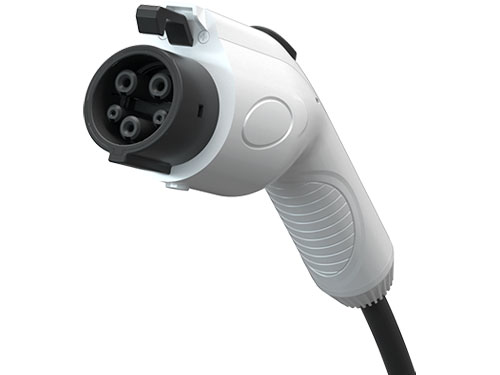
CCS (Combined Charging System)
The CCS plug is an extension of the SAE J1772 connector with two additional DC pins for fast charging. CCS is supported by many major automakers, including BMW, Volkswagen, General Motors, Ford and others. It's becoming the standard for DC fast charging in North America and Europe - so if you have a non-Tesla that supports DC fast charging, like the Kia EV6 GT, it's likely to have a CCS connector.
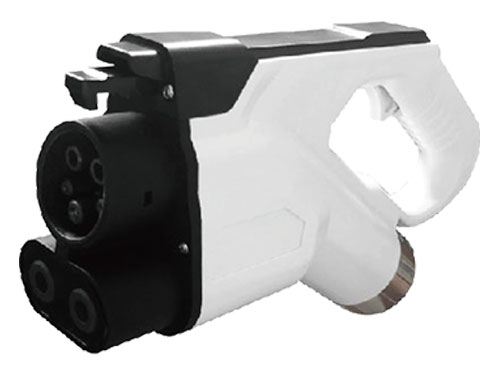
CHAdeMO
CHAdeMO is a DC fast charging standard developed in Japan and used by several automakers including Nissan, Mitsubishi and Kia. The CHAdeMO plug can quickly charge compatible electric vehicles, mainly in Japan, the United States and some European countries. It's relatively uncommon, which may discourage the few vehicles that use it, such as Mitsubishi's 2023 Outlander PHEV.
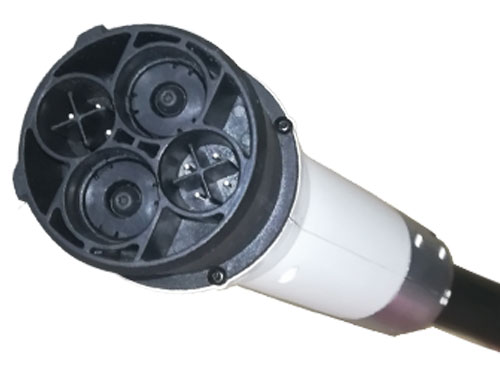
If you want to know more about "ev charger types", you can consult us online or by email (sales@hjlcharger.com).
Recommended Reading
- New Energy Industry Encyclopedia - Virtual Power P...2024-07-09
What is a virtual power plant?A virtual power plan...
- 2024 National Day Holiday Notice2024-09-27
According to the "Notice of the General Office of ...
- Notice of the 2024 Dragon Boat Festival Holiday2024-06-03
"The fragrance of zongzi grass
- Ev charging station Malaysia2023-10-24
For electric vehicle charging
- virginia ev charging stations2024-01-09
Hongjiali New Energy Co., Ltd.
- best ev home charger 20242024-08-28
When choosing the best ev home
- how to charge ev at public charging station2023-11-08
With the popularization of ele
- types of ev charging stations2024-03-26
Types of ev charging stations
- electric vehicle charging station requirements2024-11-11
The electric vehicle charging
Hot Products
-
electric vehicle home cha...
Electric vehicle home chargers are calle
Get last price
-
car charger ev
Electric car charging is easier than you
Get last price
-
AC 11KW with column type ...
ParametersRequirementsGeneral Requiremen
Get last price
-
ev charging points
Provide your tenants the best-in-class E
Get last price
